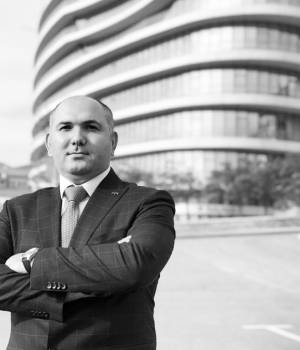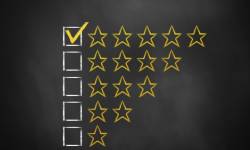
Navigating Uncertainty: Proactive Personnel Reforms for Resilient Hotels in a Dynamic World
Build resilient hotels by cross-training, embracing technology, flexible staffing, health protocols, empathy training, remote work, and mental health support.
In an era marked by global uncertainties, hospitality industry leaders must proactively institute personnel reforms to ensure their teams are equipped to navigate potential disruptions. This blog post explores strategic reforms that hotels can adopt, drawing lessons from recent challenges and preparing for a future that demands adaptability and resilience.
Crisis-Ready Cross-Training: Recent global events have demonstrated the need for versatile and adaptable teams. Proactive personnel reforms involve implementing cross-training initiatives that equip staff to seamlessly transition between roles during periods of uncertainty. This approach ensures that hotels can maintain essential operations even in the face of unforeseen challenges.
Recent events underscore the need for versatile teams.:
· Implement cross-training programs for various roles.
· Create a skills matrix to identify gaps and prioritize training areas.
· Foster a culture of continuous learning to adapt to evolving challenges.
Technology as a Pillar of Preparedness: Technology plays a crucial role in future-proofing hotels. Proactive reforms include ongoing investments in technology, from robust reservation systems to AI-driven guest services. A tech-savvy infrastructure not only enhances operational efficiency but also positions hotels to quickly implement digital solutions in response to changing circumstances.
Invest in technology to enhance operational efficiency:
· Adopt a robust reservation system for streamlined bookings.
· Integrate AI-driven guest services for personalized experiences.
· Regularly update and upgrade technology infrastructure for relevance.
Flexible Staffing Models for Dynamic Demand: Hotels need to anticipate fluctuations in demand and adjust staffing levels accordingly. Proactive personnel reforms involve the adoption of flexible staffing models, allowing for agile responses to changing occupancy rates. Whether it's leveraging temporary staff or adjusting work hours, flexibility ensures that hotels can optimize their workforce in line with demand.
Anticipate demand fluctuations by adopting flexible staffing models:
· Utilize temporary staff during peak periods.
· Implement part-time or flexible scheduling options.
· Leverage technology for predictive staffing needs.
Comprehensive Health and Safety Protocols: Beyond pandemics, health and safety considerations are a priority in an unpredictable world. Proactive personnel reforms encompass the development of comprehensive health and safety protocols that go beyond routine measures. Robust training programs ensure that staff members are well-prepared to implement these protocols, creating a secure environment for both guests and employees.
Go beyond routine measures in health and safety:
· Develop detailed health and safety protocols for various scenarios.
· Conduct regular training drills to ensure staff readiness.
· Establish a designated response team for immediate action.
Empathy-Driven Guest Interaction Training: The ability to connect with guests on a personal level is crucial during times of uncertainty. Proactive personnel reforms involve empathy-driven guest interaction training, emphasizing understanding and responsiveness to varying guest needs. This not only enhances guest satisfaction but also positions hotels as empathetic havens in times of uncertainty.
Connect with guests on a personal level:
· Provide training on active listening and understanding guest needs.
· Encourage staff to personalize interactions based on guest preferences.
· Implement feedback loops to continuously improve guest satisfaction.
Remote Work Policies for Continuity: Acknowledging the potential for disruptions, hotels should consider proactive personnel reforms that include remote work policies. Establishing protocols for remote work ensures that certain functions can continue even in cases of localized or global challenges, contributing to the overall resilience of the hotel's operations.
Establish remote work policies to ensure continuity:
· Identify roles suitable for remote work.
· Invest in secure remote access and collaboration tools.
· Develop clear communication channels for remote teams.
Mental Health Support Programs: Recognizing the toll that uncertainty can take on mental health, proactive personnel reforms include the implementation of mental health support programs. Providing resources such as counseling services, stress management workshops, and a supportive work culture fosters a resilient and mentally healthy workforce.
Prioritize mental health with support programs:
· Offer counseling services for employees.
· Conduct stress management workshops and wellness programs.
· Foster a supportive work culture through open communication.
As the global stage continues to present uncertainties, proactive personnel reforms are imperative for hotels aiming to thrive in dynamic environments. By anticipating challenges, investing in technology, and prioritizing the well-being of both guests and staff, hotels can position themselves as resilient entities capable of navigating the complexities of an ever-changing world.






